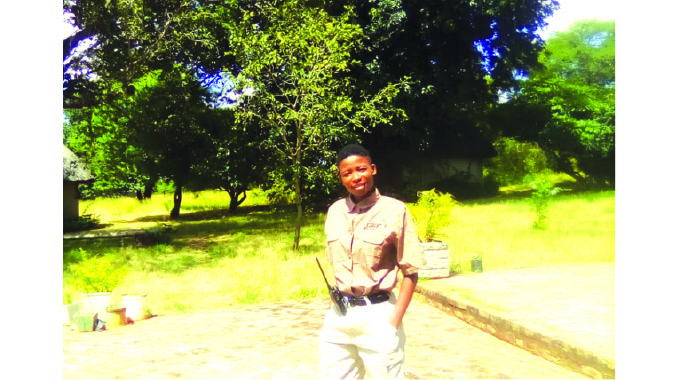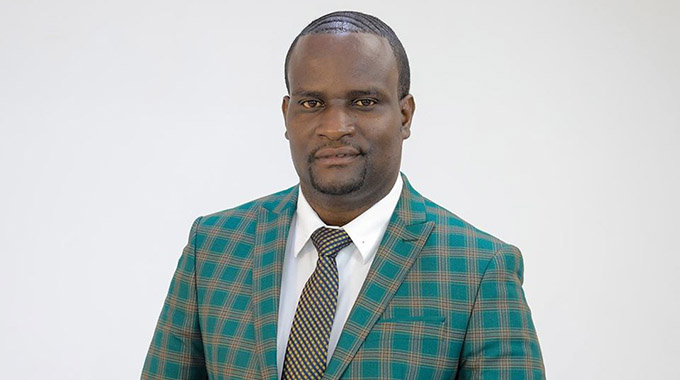Some Zimbabweans in the UK yearn to return for good

Dr Masimba Mavaza
It’s clear there is a yearning in the diaspora to escape the heightening racist and populist tensions spreading like wildfire across the West.
Our ancestral homes, free of the Western rising fascism and Europe’s dislike of foreigners from Africa, provide us with a much-needed respite from the constant bothering we’re subject to outside of Africa.
They also provide the countries we visit with an economic boosts from our freely-spent tourist coin.
But what seemed like a match made in heaven quickly turned sour with the arrival of Covid-19 and trying to adjust to a new life with Covid-19.
Many Zimbabweans have been considering coming back home to settle for good.
The pandemic has only deepened the desire among many black people to return to sunny, lockdown-free pastures.
And while those desires are completely valid and understandable, those in diaspora are aware that acting on them irresponsibly now works to the detriment of those who wish to be back home.
And the prevalence of misinformation on the continent is also a discouraging factor.
John Tembo, a 22-year old Zimbabwean born British said: “There isn’t much that differentiates the actions of diaspora tourists from white tourists.
“It was the first time I’d been in Zimbabwe in over 17 years and only the second time I’d visited since moving to the UK when I was three-years-old.
“For that reason, I felt a real discomfort around the class disparities between myself and the average Zimbabwean. Having spent the majority of my life in the UK, I have a strong attachment to my working-class identity which was challenged when I went back and saw that, in my home country, I’m about as working-class as anyone else.
“Awkward reminders of diaspora privilege can be skirted by sealing yourself into an airtight tourist bubble of resort hotels, clubs and bars. The only way to really offset privilege-induced malaise, in this case, is to move with the intention of contributing meaningfully to the well-being of Zimbabweans.”
According to John Mahara, being a responsible diaspora returnee for those planning to move back permanently, is all about making a purpose-driven decision to move, rather than just chasing a desire to escape.
“Focus on your impact on individual lives rather than thinking of a too big picture,” he said. “A lot of people that come home just want glory.”
John walks his talk and has launched several initiatives to help disadvantaged Zimbabweans.
Unlike John, not all of us see ourselves moving to Africa for good and, while there’s nothing wrong with that, we must still consider the effects of our holiday-making on the permanent residents.
In his opinion, the best way to honour one’s heritage and have an authentic and rewarding trip home is to reach out to someone who is permanently based in the country, ask them questions about the socio-political state of wherever you are and get them to take you to the hidden gems, the spots lesser known to tourists, which are more likely to be owned by locals than foreign investors.
Everything from where we choose to spend our money, to how we set up businesses to where we buy land must be scrutinised.
This way, we can ensure that we are contributing to Zimbabwean development positively, for the sake of domestic populations.
Zimbabwe’s vast potential for economic growth and business opportunities has attracted the attention of multi-national companies and investors.
And not to be left out are Zimbabweans in the Diaspora, many who are considering returning home.
The skills and experience they have gained can help accelerate economic development.
Tonderai Samanyika said he has created many important networks: “They will give you the best advice. Don’t think that the challenges others face are unique to them and won’t happen to you.
“When we come back, we tend to think that we know better and that we won’t experience the same issues that other returning entrepreneurs face. Getting together regularly and talking to other entrepreneurs is important.
“This peer-to-peer mentorship has really been key for me.”
Emmanuel Tandi, who has since left England, said it was imperative that Zimbabweans take advantage of the opportunities back home.
“First, there is no better time than now,” he said. “I had been reading and hearing about all the business opportunities back home. We came to a point where we said we can continue talking about this or be a part of it.
“As long as you have a solid idea, a plan to execute it and the commitment to make it work, take the plunge – go back home.”
A shoemaker, John Tambudzai, said he had nothing to fear and would soon return home.
“Don’t be afraid of failure,” he said. “There is no such thing. You will always be learning – especially from your mistakes.”
Zvaitwa Mutusva said those itching to return home had to do so without hesitation.
“Don’t get stuck on your desk running the numbers and envisaging all the possible and impossible scenarios,” she said. “Too much analysis leads to paralysis. The best way to make it happen is simply to take a leap and make it happen. ”
Mike Shumba, who has established a photographic institute back home, advised: “I did a lot of research before I came back, talking to a lot of my friends that were living here who had moved back and understood the challenges and what the opportunities were.
“But I think if you (do that) and see the opportunity and you really want to be part of the story, and you recognise that this is a historic time (and I’m not overstating that, this is really the last frontier and it’s a historic time).”









Comments